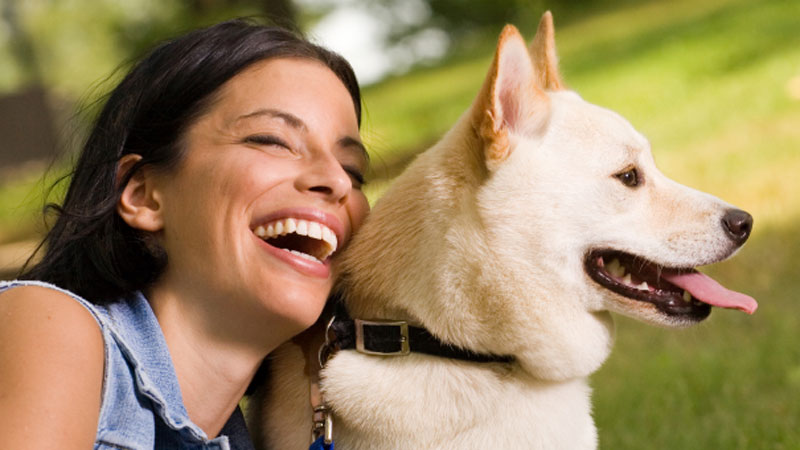Pedigree, Cross-breed or Mongrel?
Giving a dog a forever home is a long-term commitment – in some cases up to 20 years. Whether it's a pedigree, a crossbreed or a mongrel, you need to carefully consider whether you're going to be able to dedicate the time your dog requires for it to live a comfortable and peaceful life.
There are some differences between a pedigree, a crossbred dog, and a mongrel and when considering a new pet, it is essential to understand what to expect.
What is a pedigree?
A dog that has the same genes as it's purebred relatives is regarded as a pedigree. They are usually bred through specialised breeders who typically provide a certificate of birth. The breeder should, through the Kennel Club, issue you with a certificate of birth and ancestry establishing its pedigree.
The UK Kennel Club recognises more than 200 breeds and according to the RSPCA, more than 400 breeds are recognised globally.
A cross-bred is a dog with two distinct breed pedigree relatives. Very few cross-breeds are acknowledged by the Kennel Club. Fashion has become a major influence in the cross-breed sector and ‘designer’ dogs have become very popular demanding very high prices. Cavapoos, Cockerpoos, Jackapoos etc. Labradoodles was one of the first and is now acknowledged with the Kennel Club.
There are also mongrels where mum and dad have uncertain ancestry and, in the past, have been known as a ‘Heinz 57’!
The healthiest?
While crossbred dogs and mongrels are not immune and are not always healthier than purebred dogs, studies at the Institute of Canine Biology indicates that pedigree dogs are considerably at higher danger contracting disease. It has always been considered that by ‘survival of the fittest’ rule, Mongrels were considered to be the most robust as the healthier, stronger genes protected the line of breeding.
The Institute studied 27,000 dogs, compared 24 different genetic disorders versus pedigree hounds’ genetic disorders.
Alternatively, responsible and sensible breeding by reputable breeds would argue that it is because of their careful breeding patterns, pedigree dogs are healthier by design.
Which is more expensive?
While the cost may vary depending on the breed, buying a pedigree puppy from a specialist breeder is much more likely to cost more than a crossbreed, and certainly more than a mongrel. As mentioned before, designer dogs have certainly inflated the prices of some cross-breeds to very excessive levels. It is best to be very wary when purchasing such a pup as unscrupulous individuals are preying on the sector with disastrous results and very unhealthy pups being offered.
Years of non-diversity, selective reproduction implies that many pedigree breeds are susceptible to hereditary diseases, meaning that veterinary charges may also be more costly and frequent. Although, again with a reputable breeder, any health issues should have been addressed and bred out of the lineage.


